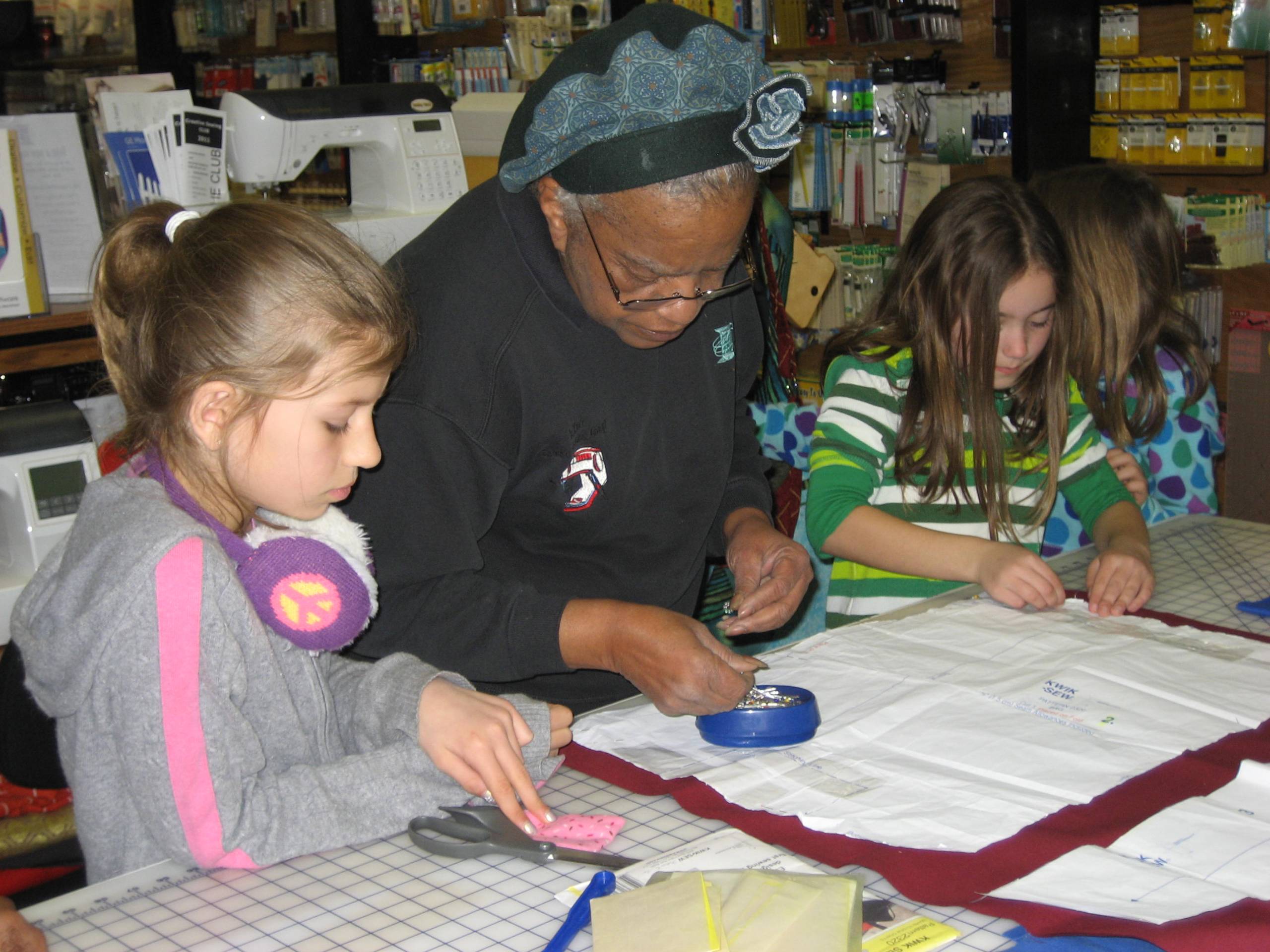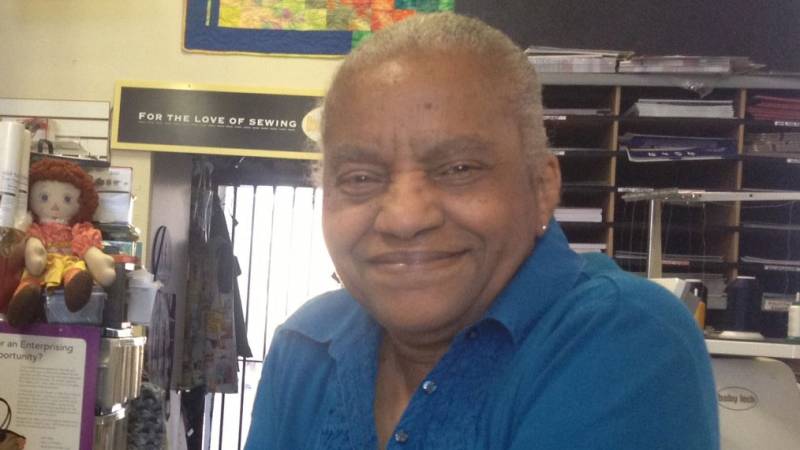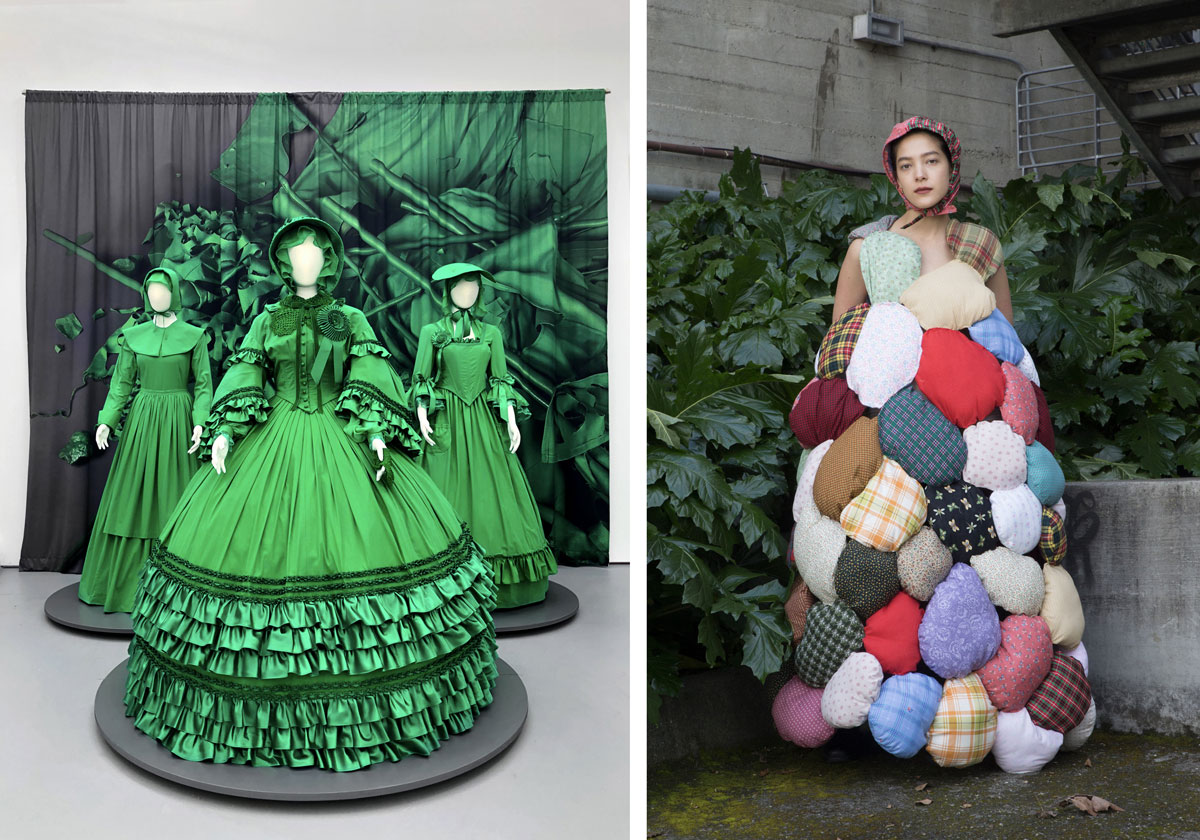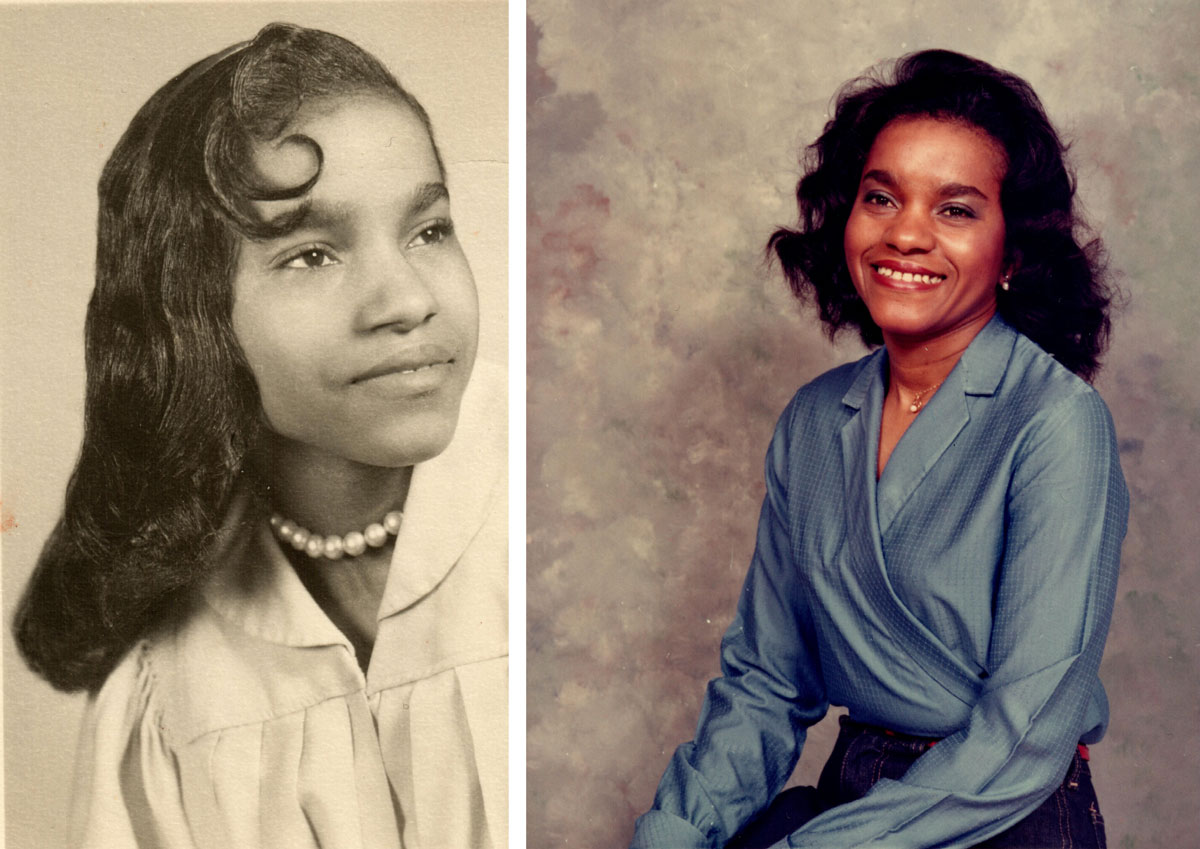I am mourning the loss of Cecilia Franklin, the woman who taught me how to sew. Franklin ran Sew Images, a small business on Oakland’s Piedmont Avenue where she taught classes, sold machines and had every sewing knickknack imaginable, including a device that could embroider any patch you wanted. She died on Dec. 3, 2022 at the age of 81.
When she taught classes, Franklin told stories: stories about sewing dresses for her daughter, being an accountant at the San Francisco Museum of Modern Art, and the different garments she made for herself throughout her lifetime. Sometimes, she would bring them in to show us. They were always pristine, nicely pressed, sometimes wrapped in dry-cleaner plastic. To me, they were art.
Clothing, I learned from Franklin, can never be mass-produced to fit our individual bodies. To find something that fits, we have to sew it ourselves. I picked a complicated jacket pattern to make during her class, to finally have the vintage, neon biking jacket of my dreams. Franklin helped me every step of the way and I learned all the tricks. After the class ended, I would stop by Sew Images once a week on my lunch break to pick up thread, and to show her what I was working on. At the time, I was making a lot of wearable furniture, and she never failed to laugh wholeheartedly at my ridiculous inventions.

The truth is, every artist needs a Cecilia Franklin. It takes a lot of courage not only to make art, but to show it to other people. Her influence on my work was pivotal. I know I can’t be the only Bay Area artist who feels this way.
Stephanie Syjuco, an artist and UC Berkeley professor, bought her sewing machine, a $5,000 Bernina, from Franklin. It was a big investment, but Syjuco trusted Franklin’s judgment — for good reason.




